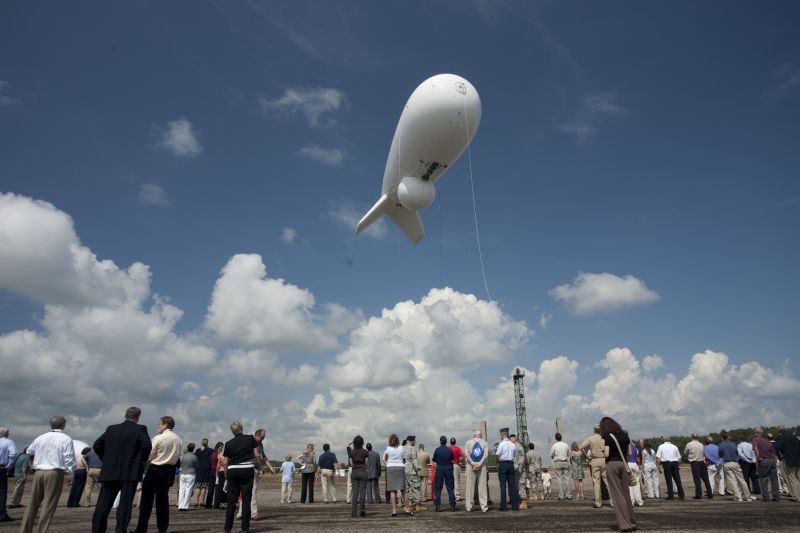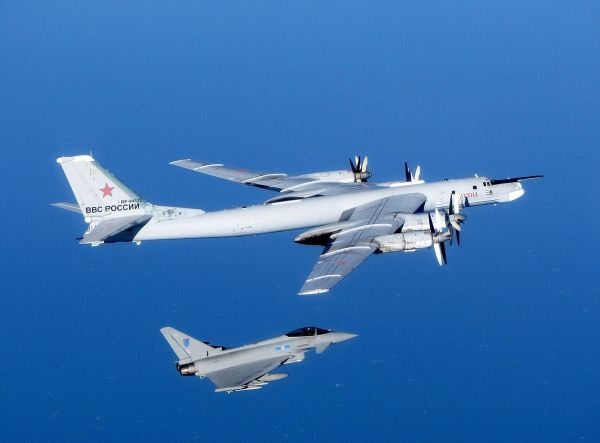Mission ready. That was the verdict for the U.S. Army’s A Battery, 3rd Air Defense Artillery, who were recently certified to operate Raytheon Company’s (RTN) JLENS radar to protect the National Capital Region (NCR) from cruise missiles and drone threats.
JLENS is a system of two aerostats, or tethered blimps, that float 10,000 feet in the air. The helium filled aerostats, each nearly as long as a football field, carry powerful radars that can protect a territory roughly the size of Texas from airborne threats. JLENS provides 360-degrees of defensive radar coverage and can detect and track objects like cruise missiles, drones and airplanes from up to 340 miles away.
“When JLENS deploys to Aberdeen Proving Ground, Md., later this year, it will provide a powerful new capability to the National Capital Region’s Integrated Air Defense System (IADS),” said Raytheon’s Dave Gulla, vice president of Integrated Defense Systems’ Global Integrated Sensors business area. “With this certification, the soldiers now possess the skills to maximize the capabilities of JLENS to help defend our country from the growing cruise missile and drone threat.”
Raytheon employees worked with U.S. NORTHCOM and the soldiers to develop the tactics, techniques and procedures for using JLENS as part of the NCR’s IADS. Raytheon also helped prepare the soldiers for the Army’s independent certification process by training them on a variety of key tasks, including:
- Using JLENS’ hydraulic winch system to raise and lower the aerostat
- Radar operations
- Equipment maintenance
- Initiating communication links in order to communicate critical information to higher echelons
- Emergency procedures.
JLENS consists of an integrated radar system on two tethered, 80-yard aerostats, which fly at altitudes of 10,000 feet above sea level and remain aloft and operational for 30 days. This capability better enables commanders to defend against threats including cruise missiles, drones and aircraft. JLENS also provides ascent phase detection of tactical ballistic missiles and large-caliber rockets.
- JLENS completed developmental testing in December 2013.
- JLENS has demonstrated its ability to integrate with defensive systems and help Patriot, AMRAAM, NASAMS and Standard Missile 6 intercept cruise missile targets.
- JLENS proved it can detect and track short-range ballistic missiles in their boost phase during a series of tests in 2013.
Raytheon Company, with 2013 sales of $24 billion and 63,000 employees worldwide, is a technology and innovation leader specializing in defense, security and civil markets throughout the world. Raytheon is headquartered in Waltham, Mass.











